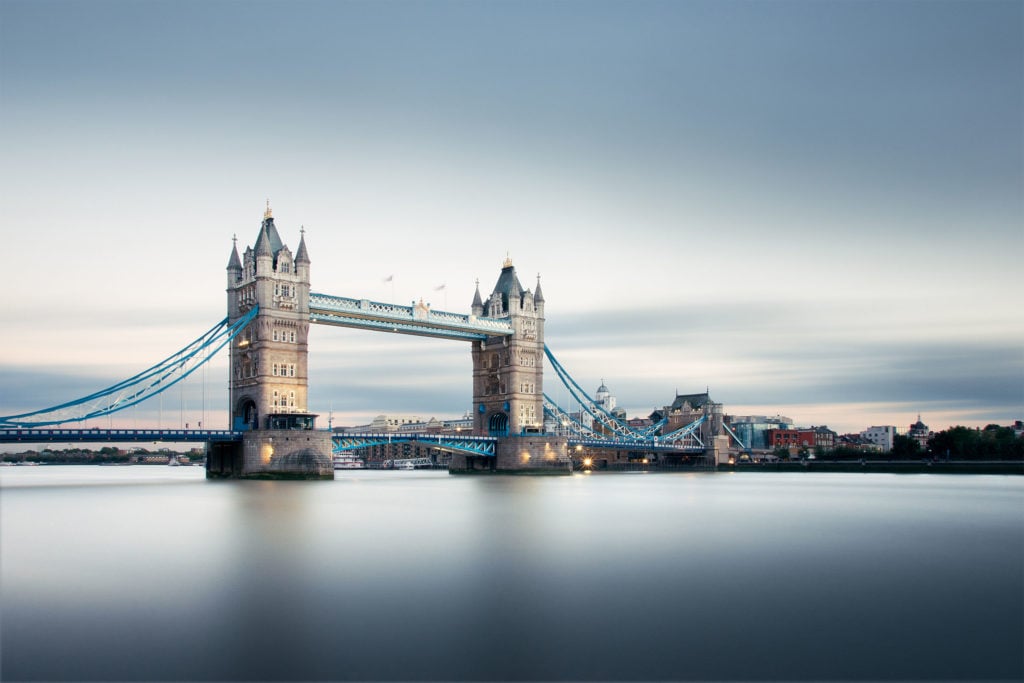On 12 January 2022, the High Court of Justice (“High Court”) handed down its judgment in the challenges to the Government’s award of contracts for personal protective equipment (PPE) during the early months of the COVID-19 pandemic.[i]
The Court ruled that it was unlawful for those suppliers referred by Ministers, MPs and other senior officials to be afforded favourable treatment, by being allocated to a so-called ‘VIP lane’. Notwithstanding this, the Court did not find the award of the contracts which were the subject of these challenges to be unlawful, on the basis that they most likely would have been awarded in any case.
PPE contracts awarded during the early months of the COVID-19 pandemic
The High Court handed down its judgment in four separate challenges, brought by way of judicial review, to the Government’s award of contracts for PPE worth just over £700 million in April and May 2020, the early months of the COVID-19 pandemic.
Grounds for challenging the contract awards
The Claimants (Good Law Project and Every Doctor) argued that the award of the nine contracts in dispute was unlawful on the following grounds:
- The Government had breached the EU principles of equal treatment and transparency (set out in the Public Contracts Regulations 2015, the procurement rules which govern how public authorities award contracts): (a) by failing to identify the selection criteria to be applied in deciding whether to contract with any given supplier and (b) because suppliers referred by Ministers, MPs and other senior officials were afforded more favourable treatment – by being allocated to the so called ‘high priority lane’ or ‘VIP lane’ – which increased their prospects of being awarded a contract and thus impinged on fair competition.
- The Government failed to provide proper reasons for its decisions.
- The award of certain contracts was irrational, because the operation of the VIP lane resulted in insufficient financial or technical verification being carried out on the recipients of the awards.
The Government resisted all grounds of challenge.
The VIP lane was unlawful, but the contracts would have been awarded in any case
The Court determined that the allocation of certain suppliers to the VIP lane was unlawful. Notwithstanding this, the High Court largely found in favour of the Government, and refused to declare that it had acted unlawfully in awarding the nine PPE contracts in issue:
- The Court found it to be unlawful to confer on suppliers preferential treatment simply on the basis of their allocation to the VIP lane; offers in the VIP lane were subject to earlier consideration than offers received outside of that lane. This made it more likely that they would be accepted, amounting to a breach of the principle of equal treatment. However, the offers in issue in this case justified priority treatment on their merits (i.e. because they could supply substantial volumes of PPE on an urgent basis). The Court considered that, regardless of their allocation to the VIP lane, it is very likely that such offers would have resulted in the suppliers being awarded contracts. Further, the Government had put in place selection criteria to be used and issued guidance as to the application of such criteria, to enable offers to be properly evaluated.
- The reasons given by the Government for its decisions were sufficient to allow a realistic prospect of a challenge to such decisions, and accordingly the Court considered those reasons to be sufficient.
- The awards were not irrational. Certain suppliers’ allocation to the VIP lane did not play any material part in the award of contracts to those suppliers, and sufficient financial due diligence and technical verification had been carried out in respect of the contracts awarded to such suppliers.
Upcoming COVID-19 inquiry likely to place further scrutiny on PPE contracts
While the Government in some ways may be relieved by the Court’s findings, undoubtedly it will be concerned that its VIP lane procedure has been found to be unlawful. This is especially so in circumstances where the procurement of PPE is likely to come under further scrutiny as part of the upcoming UK wide COVID inquiry, to be chaired by Baroness Hallett.
[i] Good Law Project Ltd & Anor, R (On the Application Of) v The Secretary of State for Health and Social Care [2022] EWHC 46 (TCC) (12 January 2022) (bailii.org)





